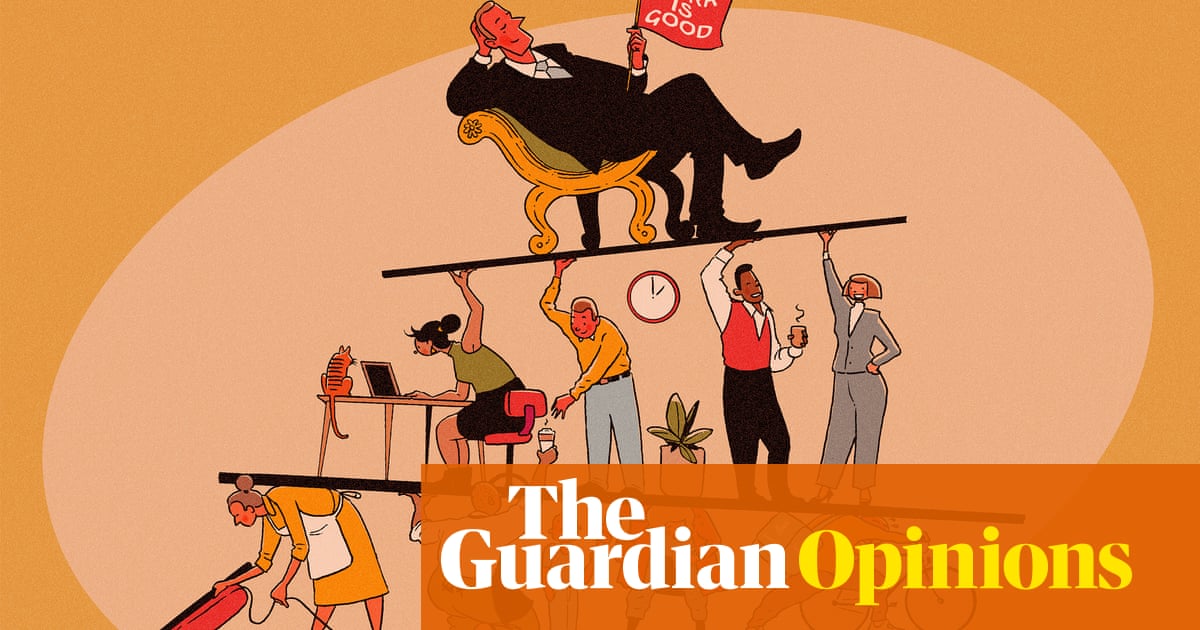
ittle more than six months ago, Paul and Anthony Smith-Storey were still living in a three-bedroom semi-detached house near St Helens in Merseyside. But now the couple – and their dog, Dexter – have traded it all in for a life afloat in a two-metre-wide narrowboat on Peak Forest Canal in Derbyshire.
“We took the equity out of the house, bought the boat and thought we’d enjoy it while we were still alive,” said Anthony, 48, an NHS sonographer. They are not the only ones.
Record numbers are spending time on Britain’s rivers and canals, according to the Canal and River Trust. Such is their popularity that the charity, which manages 2,000 miles of waterways across England and Wales, says: “There are more boats on our canals now than at the height of the industrial revolution.”
In March, there were 35,130 people with boat licences for rivers and canals – compared with 34,435 last year and 32,490 in 2012. Trust surveys put the proportion of “liveaboard” at around 25% (a rise from 15% in 2011) nationally, and it believes the majority of boats in London are permanent homes. The Inland Waterways Association (IWA) said there are about 80,000 powered boats across the waterways of England, Scotland and Wales.
Meanwhile, boat builders and sellers are reporting record demand. Jamie Greaves, who has been working in the industry for over 20 years and has owned Aintree Boats in Liverpool for over a decade, puts the surge in interest down to the pandemic.
“People don’t want to travel abroad at the minute, they don’t feel safe, they’d rather have a boat holiday in England.” Others, he said, are making the most of rising house prices to sell up, buy a boat and put some money into savings. The last year has been so busy that they have been turning down work.
Chris Hill, managing director of the New and Used Boat Co, which has offices across the country, said they had record sales in January and February – with business up by 50% on last year.
He said customers – who tend to be aged 45 to 60 but 25% of whom are younger – have told him: “Savings in the bank are not earning much money, you can’t really travel abroad, we’ve always wanted a boat, so we’re just sort of saying ‘sod it, we’re just going to do that’.”
The value of new and used boats has gone up, but he said the average for a used canal boat is about £45,000 to £50,000 and about £140,000 for a new fully-fitted wide-beamed boat.
Alison Smedley, campaigns and public affairs manager at the IWA, said there had been a “steady rise over many years” rather than a sudden surge, but that TV shows such as the BBC’s Canal Boat Diaries have highlighted the appeal of waterways.
Matthew Symonds, national boating manager at the Canal & River Trust, said: “During the industrial revolution the canals were private and were used for transporting freight, so the numbers of boats were far fewer and also just for working purposes really. But now we have many more people using the waterways for leisure, but also people using them to live on as well.”
In London, the housing crisis has played a role in people choosing to live on boats, he said, and for some it is not a lifestyle choice or passion but “one of the few choices they have”.
Andrew Carpenter, boat manager and lead trainer at the Pirate Castle, a community boat charity in Camden, warned that while it’s positive that more people are enjoying the canals, the recent increase in boats has put pressure on canalside services such as drinking water and pump-out toilet facilities.
Permanent moorings can be expensive and difficult to find, but many people continuously cruise – which means they have to move at least once every 14 days.
Annie Mellor, 28, and Hayden Crocker, 32, who both work for tech start-ups, have lived on the River Lee and Regent’s Canal since buying a narrowboat in September, inspired by their lockdown walks along towpaths.
“It’s financially quite attractive,” said Crocker, “and it’s a way to live a non-cookie cutter life without huge resources.”












